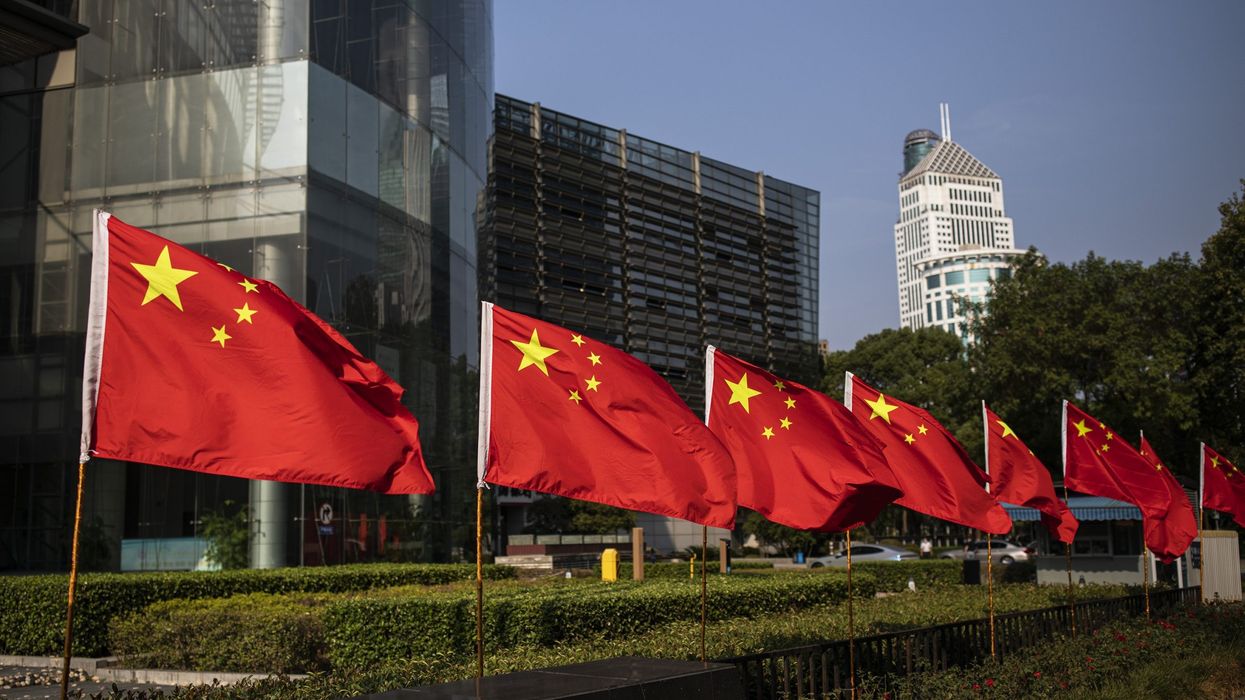A recent study published on Tuesday (28) revealed that China has allocated approximately £194.97 billion equivalent to about $240 billion in financial assistance to 22 developing nations from 2008 to 2021.
The amount has notably increased in recent years due to more countries experiencing difficulties in repaying loans related to the construction of "Belt and Road Initiative" (BRI) infrastructure.
Researchers from prominent institutions such as the World Bank, Harvard Kennedy School, AidData, and the Kiel Institute for the World Economy found that nearly 80 per cent of the lending occurred between 2016 and 2021, with the primary beneficiaries being middle-income countries such as Mongolia, Pakistan, and Argentina.
China has provided loans amounting to hundreds of billions of dollars for infrastructure development in developing countries. However, lending activity has declined since 2016 due to several projects failing to generate the anticipated financial returns.
"Beijing is ultimately trying to rescue its own banks. That's why it has gotten into the risky business of international bailout lending," said Carmen Reinhart, a former World Bank chief economist and one of the study's authors.
BRI nations have faced financial strain due to high inflation and interest rates, compounded by the pandemic, making it hard to repay debts.
Countries have received bailouts to extend loans and remain solvent. China claims over 150 countries have joined the trillion-dollar BRI infrastructure initiative launched by President Xi Jinping ten years ago.
According to Beijing, the objective of the initiative is to strengthen friendly trade ties with other countries, especially those in the developing world.
However, critics have alleged that China entices lower-income nations into debt traps by providing massive, unsustainable loans.
Although smaller than the International Monetary Fund and the significant liquidity support provided by the US Federal Reserve, China's bailouts have rapidly increased, as indicated in the AidData report.
Argentina was the largest beneficiary, receiving £90.80bn, equivalent to $111.8bn, followed by Pakistan with £39.39 or $48.5bn and Egypt with £12.67 equalling $15.6bn. Nine nations received less than $1bn or £0.81bn.
The People's Bank of China's (PBOC) swap lines accounted for £138.10bn or $170bn of the financing, including in Suriname, Sri Lanka, and Egypt.
The authors of the report stated that "Beijing has targeted a limited set of potential recipients, as almost all Chinese rescue loans have gone to low- and middle-income BRI countries with significant debts outstanding to Chinese banks,".
The study cautioned that Chinese loans tend to be less transparent than other last-resort international lenders and often carry an average interest rate of 5 per cent, compared to the typical 2 per cent rate on an IMF loan.
The majority of such loans were "rollovers," with short-term loans being repeatedly extended to refinance upcoming debt obligations.
According to the report, Chinese state-owned banks and companies provided £56.86bn or $70bn in bridge loans or balance of payments support, while rollovers of both types of loans amounted to £113.72bn or $140bn.
China's government responded to the criticism, stating that its overseas investments were based on "openness and transparency" principles.
The foreign ministry spokesperson denied that China had compelled countries to borrow or repay loans and claimed that loan agreements were not linked to political self-interest.
However, China has been criticised for delaying debt restructurings with countries like Zambia, Ghana, and Sri Lanka.
(With inputs from agencies)




